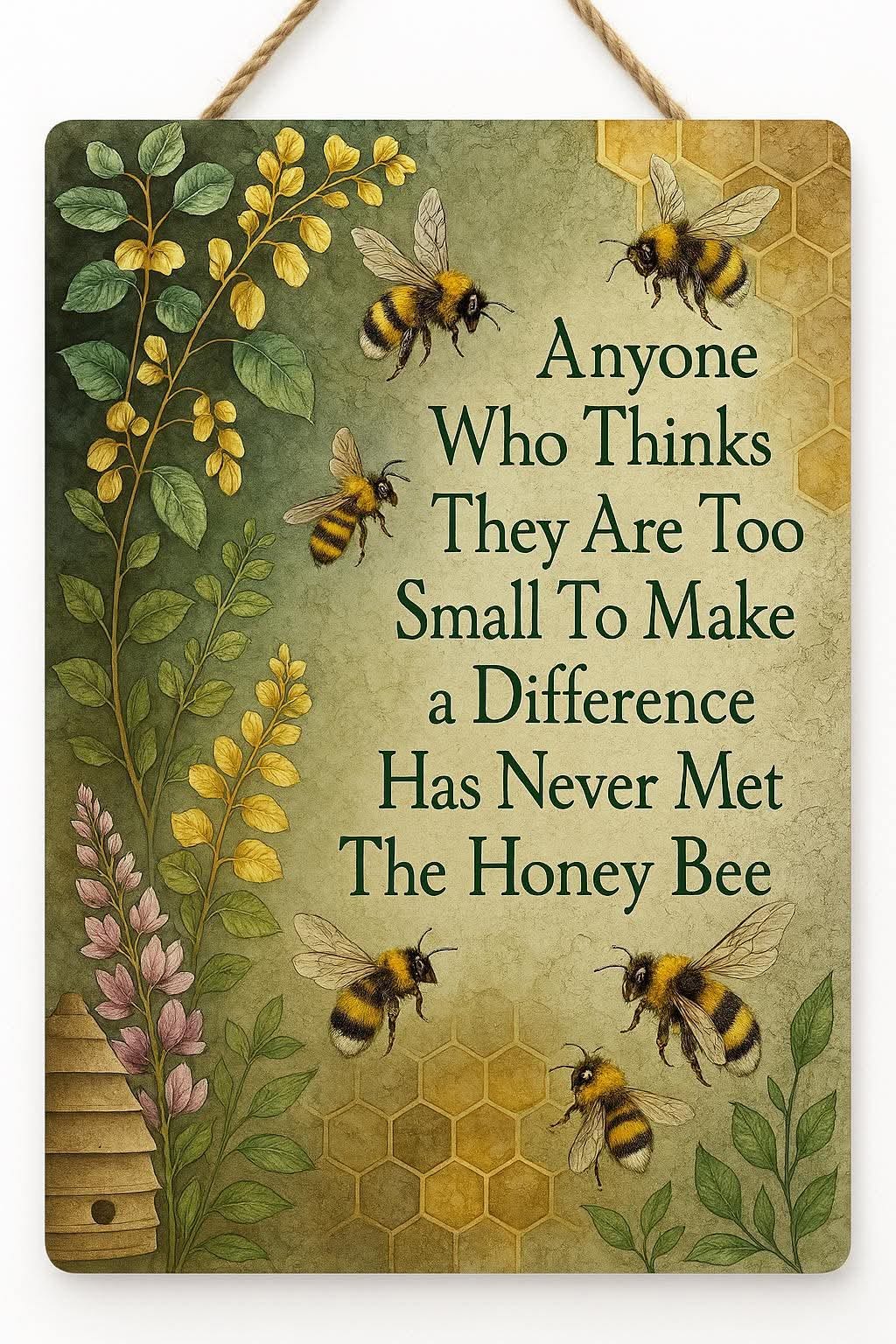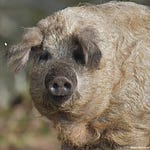Email to Florence
It took some doing from me, from Mr, Klaversteijn and from Mr. Kloosterman to arrive at a sensible strategy for the introduction in Africa of ECOHUB,
We think that we should position ECOHUB as the paradigm shift which was called for by Dymphna van der Lans, Chief Executive Officer of the Clean Cooking Alliance (CCA) during the The Summit On Clean Cooking in Africa on 14 May 2024 in Paris.
The Clean Cooking Alliance (CCA) is a relatively small organization (50 people) but is has very powerful backers/funders such as The African Development Bank, The Bill and Melinda Gates Foundation and probably also the Secretary of Energy of the United States. The latter has a keen personal interest in bettering the lives of women cooking with wood on three stones.
As Dymphna van der Lans’s people no doubt will have difficulties with assessing our proposition, she will probably seek (financial) assistance from her funders for the qualification process. This is exactly what we want to happen, as it will open the door to funders very high standard and quality.
So may we ask you to get in contact with Dymphna van der Lans. Hereunder you will finds a draft for a letter or email to her. If you have any questions on this approach please address them to Mr. Kloosterman tel …….., our new leader.
ECOHUB described to Dymphna
AH, a widely respected biotech organization with headquarters in Kenya whose vision and aim it is to realize an Africa free from hunger, poverty and malnutrition, recently became aware of a systems solution called ECOHUB. ECOHUB facilitates the production of Sorghum by women smallholders, carbon dioxide removal and establishment of place based agro-energy facilities. With farm residues from sorghum as feedstock electricity is generated. Carbon credits for the storage of CO2 in the soil of the sorghum make for inomefields is derived from the carbon dioxide removal (CDR) .
The seven+ Dutch SME’s developers of ECOHUB, assert that their system is geared to better the lives and futures of African women smallholders, refugees and migrants who grow sorghum or other C4 crops. Dutch sorghum specialist Prof em. Dr. Walter de Milliano, who for many years served on the board of Africa Harvest, made us aware of the existence of the ECOHUB initiative in the Netherlands. ECOHUB is works in a structured way to step-wise develop local agro-energy industries owned, operated and controlled by African woman. .
An ECOHUB comprises of hardware and software systems which in combination form a valuable development tool. ECOHUB is the result of coordinated R&D by 7+ Dutch group of SME’s inspired by Walter de Milliano.
The ECOHUB is geared to bettering the lives of African women smallholders, refugees and migrants. It combines six (6) advanced systems (hardware, software and organizational) which are designed to monitor and collect data over a period of years to eventually form a local carbon dioxide removal & use agro-energy facility. Development generally starts with growing sorghum, regenerating degenerated soils with the use of plant material and producing biobased energy for cooking or sale on the local market.
The input for ECOHUB are C4 crops and sorghum in particular. The output are bio-based products for local use such as wood pellets, biochar, wood vinegar, pyrolysis oil, pyrolysis oil, bio-methanol and potentially) biobased electricity and/or solar based hydrogen.
The bio-based products, which almost always includes sorghum, will generate enough revenues to make the facility self-sustaining. Revenues from certified cookstove operation by women smallholders, refugee’s and migrants under custody by ECOHUB management and revenues (significant) from biochar based carbon dioxide removal & use operations will enable staged investment.
Development of an ECOHUB starts with entrepreneurial African and European women coming together (through the media) and use a tandem approach whereby the African women is in the lead and the European woman runs the back office. ECOHUBS are planned, funded, build, owned and operated by this tandem. As soon as the tandem arrangement is stable and the business plan is in place an) As soon as the ECOHUB operates successfully, the process to engage CO2 problem owners from Global North, followed by the provision to all households within an sorghum area of 300-400 ha with:













Share this post